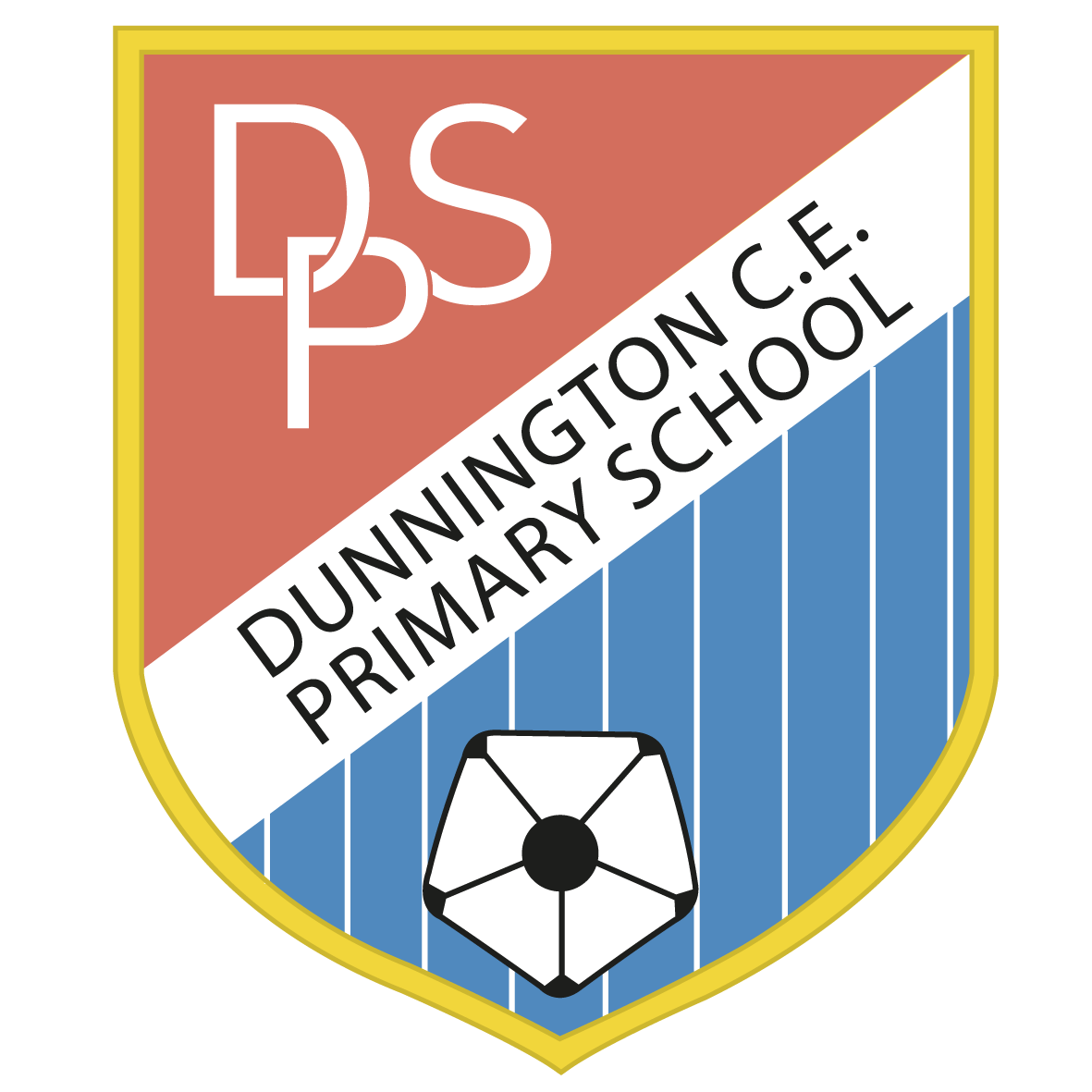Homework is set using Google Classroom, which the children are very familiar with. Your child should know both their log in and password but please do contact us if there are any issues accessing the work. In addition to this, children have been provided with a red homework book to complete their work. From time to time we may also give out an activity sheet in school to take home: once completed, this should be stuck into the homework book and returned to school. Your child will be told each Thursday what their homework is, and given time to ask any questions. We encourage children to start their homework soon after it is set, as they will then have it fresher in their mind, and will have time to ask for any clarification or help if needed. Homework will be based on what the children have been learning that week or may be an opportunity to investigate an upcoming topic.
We hope that this helps you to be aware of what your child should be doing at home. If for some reason your child has not been able to complete their homework please let us know. On some occasions (e.g. due to a trip or visit) there may not be any homework set.
This year, homework will be set on a Thursday to be returned the following Tuesday. All work should be neatly presented: black ink for writing and a pencil for maths and drawings. If your child is unsure of the homework set, please encourage them to talk to an adult in school.
Spelling
Children will be set spelling homework on Google Classroom each Monday. It will be based on spelling rules and ways to help them to spell the focus words and others similar to them. The children will be tested each Friday on their word list- this will either be by writing dictated sentences containing the words or by testing each other on their personal word lists. The spelling task should be completed on Google Classroom – not in the red homework book.
Helping Your Child With Reading
The following points are to support you when reading at home with your child. Regular, daily reading is the key to reading success. Two or three of these sessions could be your child reading silently to him/herself followed by a discussion about the book. The other days could be an opportunity for your child to read aloud.
The amount of time children spend reading will vary. Be encouraging and guided by your child’s interest. These guidelines may help you develop reading further:
- Make sure you are relaxed and comfortable during the reading session.
- Encourage your child to read with expression.
- Your child should be able to read approximately 9 out of every 10 words in the book, less than this and the book may be too difficult.
- Discuss the meaning of difficult or usual words and encourage your child to use these new words in sentences when talking to you. Discuss their meaning in context and other ways of using them, as well as other words that mean the same.
- Ask questions about the characters, the plot, the ending of the book and whether your child enjoyed it.
- Encourage talk about favourite authors and illustrators, giving reasons for their choices. Suggest books that you loved when you were young or ask an adult in school to recommend a text that they have enjoyed.
- Try and make sure that your child reads a range of different books, not always stories, and not always the same type of stories.
- Model the reading process yourself by having your own book to read.
- Give lots of praise and encouragement.
- Read more challenging texts to the children or listen to an audio book.
Books For Topcs – Year 6 Recommended Reading List
Homework – A General Note
Homework is often quite an onerous task for children and parents. How many of us, really, want to be working when we have come home from work for the day? In answer to the question many of you will inevitably ask at parents’ evening: ‘Yes, most Y6 children are a nightmare with homework’
None of the work given to your children should be too hard for them – and do say so if it is – so they can’t use that excuse too often.
Homework will be used to consolidate basics such as vocabulary, spelling, grammar, punctuation and spelling in English, and different calculation methods in maths. There will be also more creative homework to support or research topics that we are learning in school.
In order to consolidate work going on in class and help prepare the children for the routines of secondary school, they will be given regular but manageable amounts of homework. Homework should not be taking much more than two hours over the course of the week. Please inform us if your child is finding work they do at home far too difficult or far too easy, and if you need any tips on helping your child with the homework.

